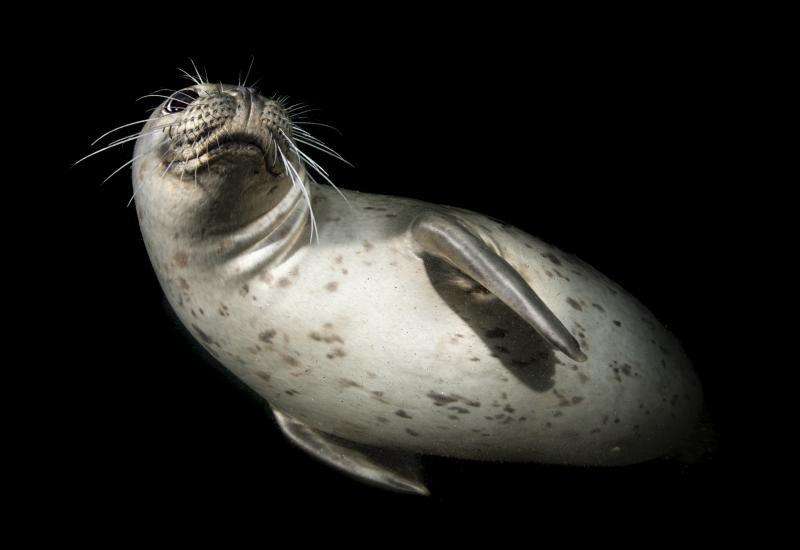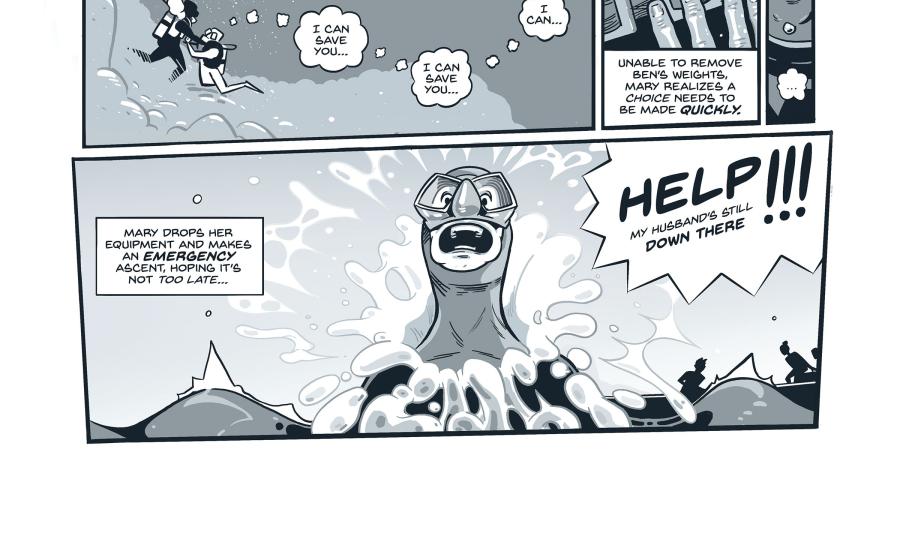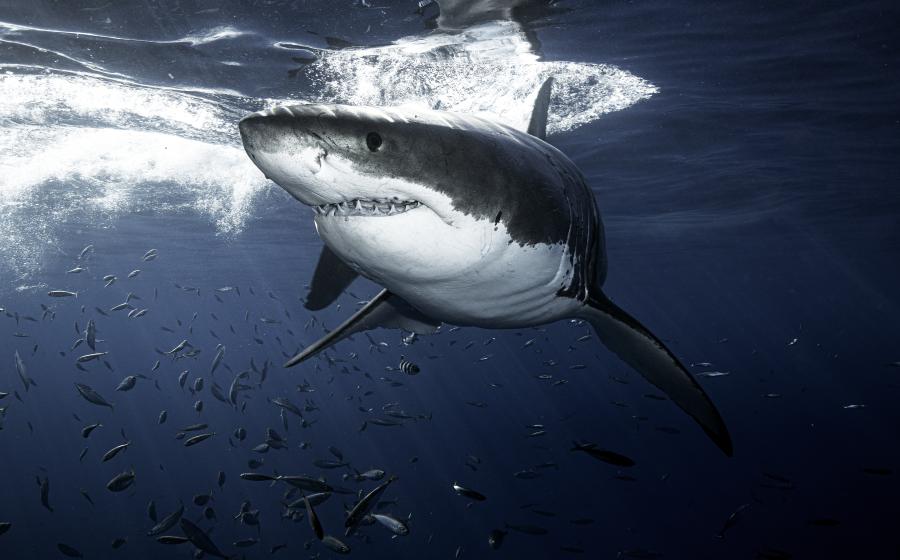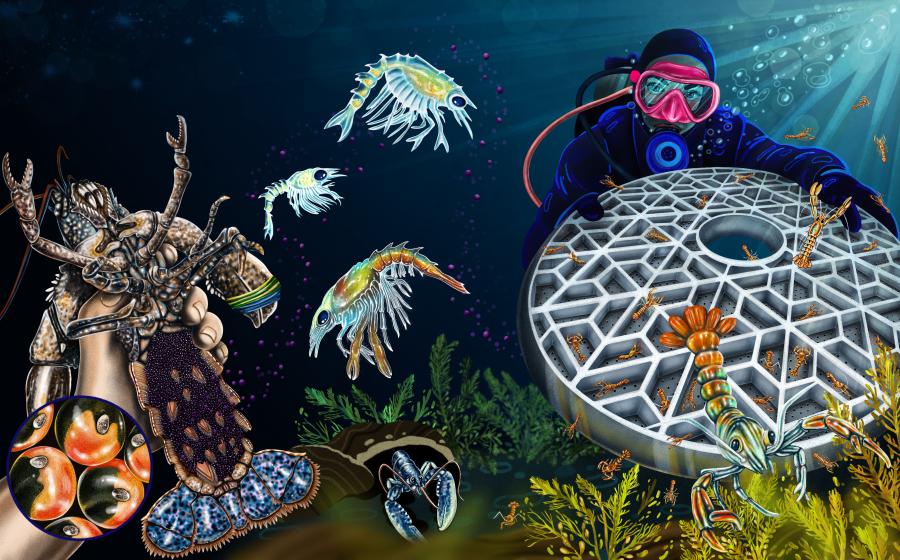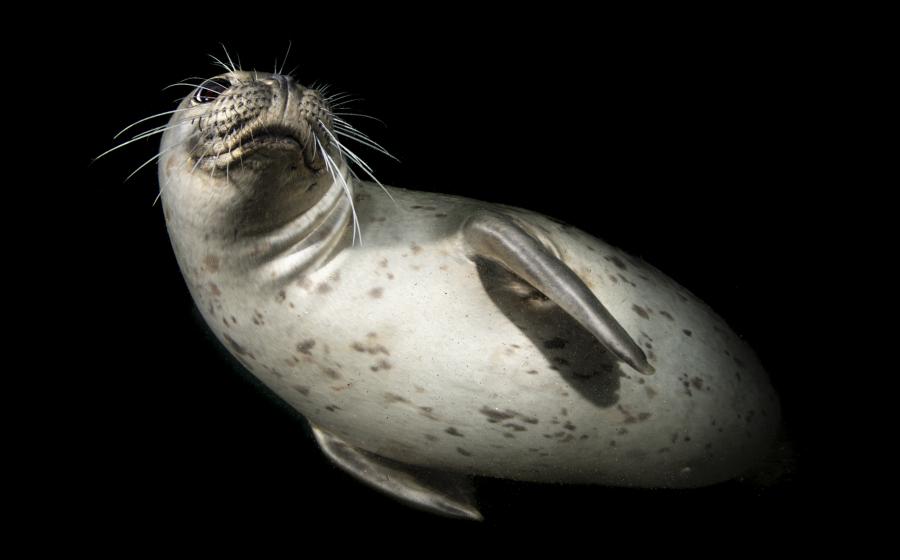Swimming With Wild Dolphins: A Guide to Ethical Encounters

Bethany AugliereA freediver swims with a curious Atlantic spotted dolphin in the Bahamas.
As a marine biologist who has spent more than 15 years observing and studying the behavior of wild dolphins, I understand the pull to connect with these intelligent creatures in their natural habitat. With the growing interest and an increasing number of companies offering wild dolphin experiences, it's more important than ever to approach these encounters with respect and responsibility. This ensures both your safety and the well-being of the dolphins. Noise, boats and people can disturb and even harm dolphins.
It’s essential to recognize and practice ethical encounters, ensuring not to interfere with their natural behaviors or habitats and to make sure you are booking with ethical guides.
Here’s a guide on how to ethically swim with wild dolphins:
Learn Their Behavior
As social mammals, dolphins have complex social lives and behaviors. It’s important to understand some of the basics of their behavior, such as nursing, mating, feeding, playing and fighting so you can recognize when you need to avoid disturbing the animals.

Bethany AugliereA group of inquisitive young Atlantic spotted dolphins swim towards the photographer.
I’ve seen videos on social media of people unknowingly swimming into large groups of fighting males, disturbing feeding dolphins looking for fish in the sand and even approaching nursing calves. These activities can disrupt natural behaviors that can negatively impact the animals—interrupting feeding, nursing or mating can lead to stress and affect the animals’ overall health and survival.
An angry or annoyed dolphin (no, dolphins are not always happy despite their friendly countenance) will approach head on and open their mouth and possibly clap their jaw, or smack their tail. Sometimes they blow big bubble rings underwater. If you see these signals, back off and give them space.
Respect Their Space
In the Bahamas, Atlantic spotted dolphins are known to be curious and interactive with people. If you’re lucky, they may play keep-away with seaweed. If the dolphins choose to approach you, it’s acceptable to engage back with them, by twisting, turning and diving. You’ll often hear them whistle excitedly.
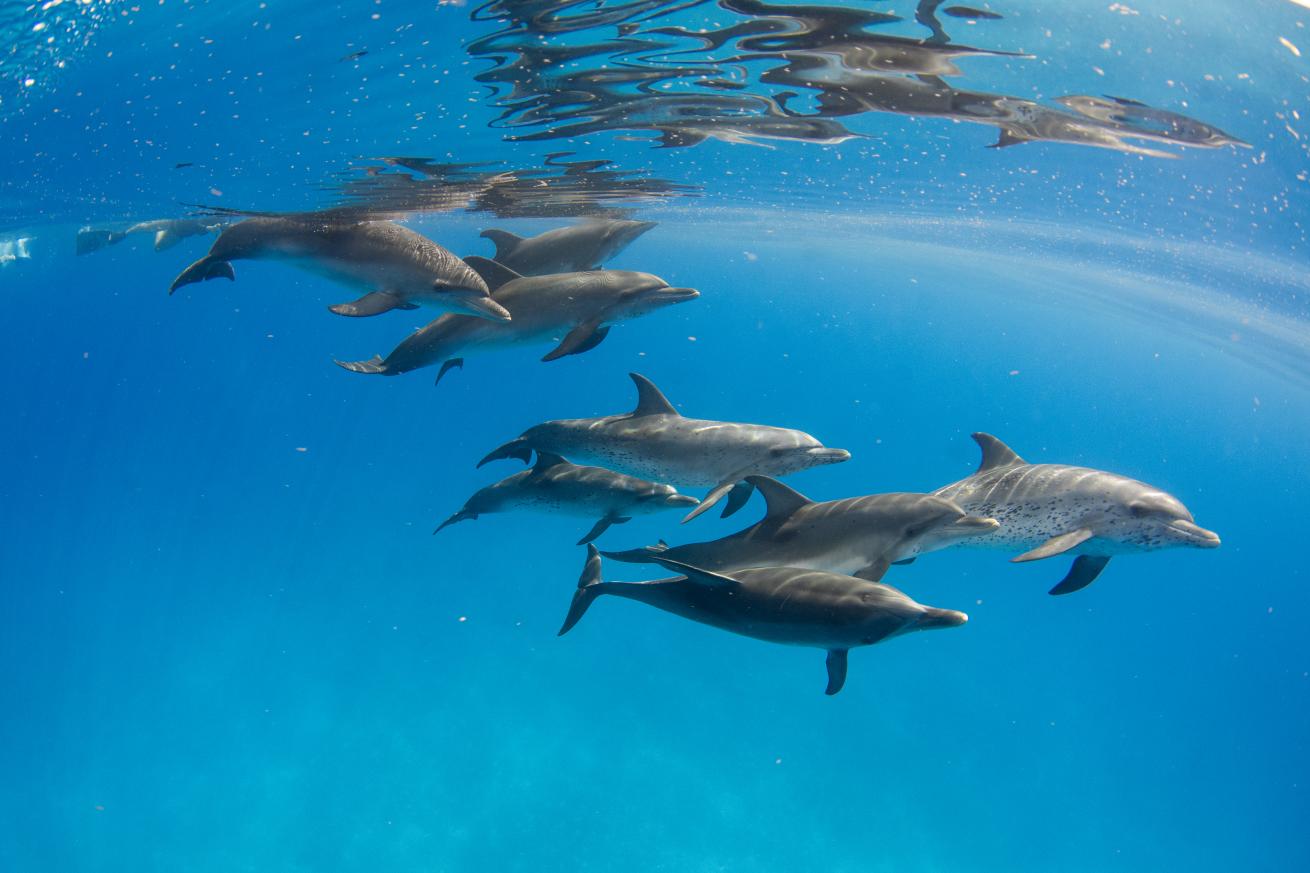
Bethany AugliereA group of Atlantic spotted dolphins travel calmly in a group.
However, dolphins have their own lives to live too. When the dolphins are engaged with each other or feeding, passively observe from a distance so you don’t disturb these behaviors. One thing I’ve learned during my years with wild dolphins, it’s great to interact with them but it’s just as fascinating watching them live their lives.
In contrast to the friendly spotteds, bottlenose dolphins in the Bahamas are generally less curious of people and tolerant of our presence. One of the few opportunities to observe them is when they are digging in the seafloor looking for fish. It’s important to refrain from diving down and approaching as they scan the sand, which will disrupt them and cause them to swim away.
In Hawaii, spinner dolphins come into the calm bay to rest and recover from feeding. While it’s popular to swim with them, it’s crucial they also get their rest. Under the Marine Mammal Protection Act, NOAA prohibits swimming with, approaching or remaining within 50 yards of spinner dolphins.
Related Reading: In Search of Leafy Sea Dragons
Be Calm
Avoid using big, splashing movements with your arms or aggressively swimming towards the dolphins, which can startle them and disrupt natural behavior. If you’re calm, curious dolphins will often swim to you.
No Feeding or Touching
Feeding dolphins alters their natural hunting behaviors and leads to dependency on humans, and social isolation. Touching dolphins can also transmit diseases between species. Again, in the Bahamas, the curious spotted dolphins will sometimes get very close and even touch people. The general guideline is that they can touch you, but you shouldn’t touch them.
Research Operators
Look for operators with a strong commitment to dolphin welfare. They should follow guidelines set by marine mammal protection organizations, local laws and ensure minimal impact on dolphin behavior. Opt for tours that limit the number of participants per boat.
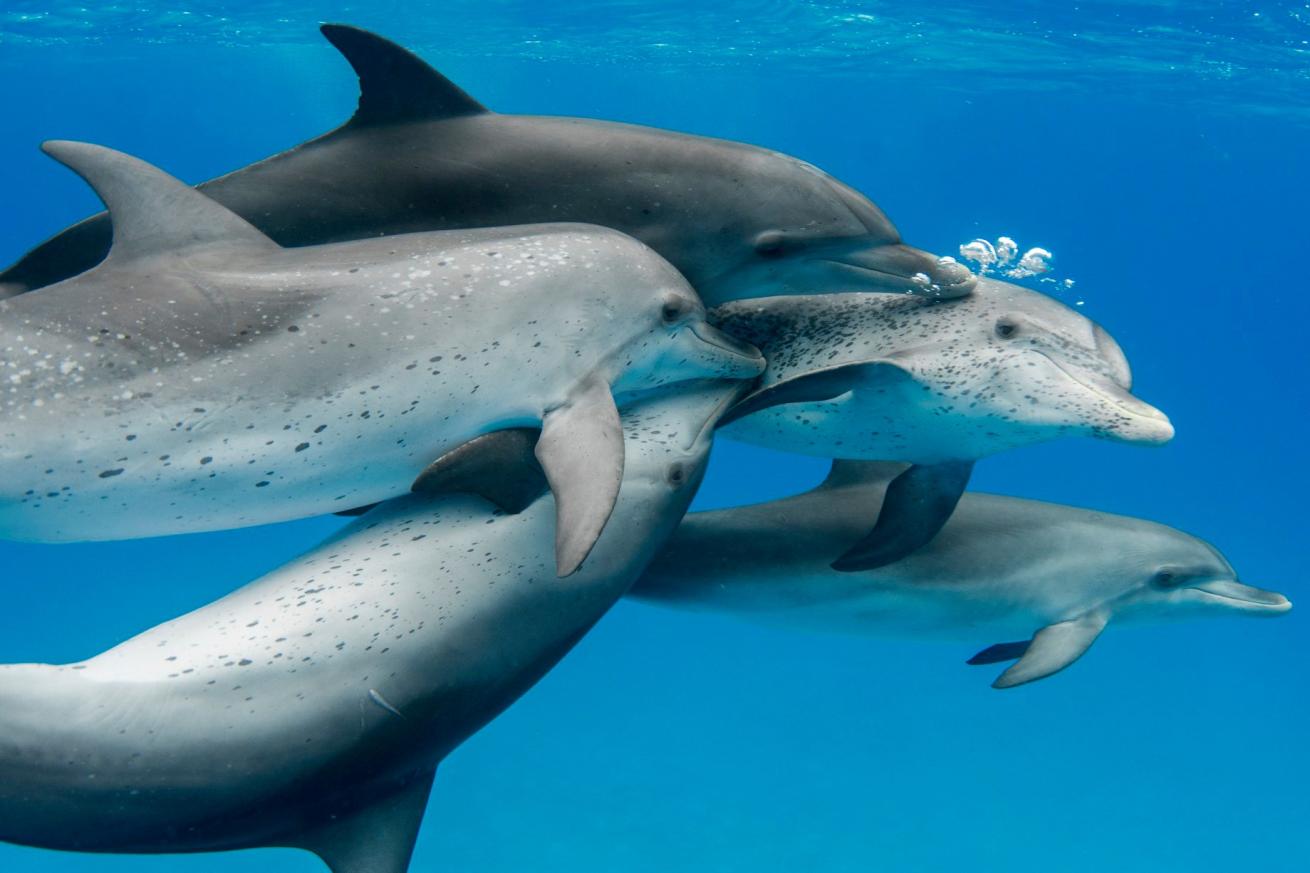
Bethany AugliereA group of males pursue mating with a female .
Additionally, operators should be permitted to run these experiences under the country's laws regarding marine mammals, as different countries have varying regulations about swimming with or interacting with marine mammals. These laws are designed to protect the animals and ensure that interactions are done safely and responsibly.
In the U.S. for instance, the Marine Mammal Protection Act prohibits feeding, hunting, harassing, capturing or killing any marine mammal or attempting to do so. The Bahamas has its own Marine Mammal Protection Act, as do other countries.
Related Reading: Up Close With Seabed Sharks
In order to conduct scientific or photography/filmmaking projects in various countries, organizations and scientists must apply for specific permits with appropriate government agencies. In the Bahamas, anyone running commercial trips to observe or interact with the dolphins must apply for a permit or license under the act.
Avoid Sunscreen Containing Harmful Chemicals
Some chemicals in sunscreen can harm marine life and coral reefs. Choose reef-safe sunscreen to protect yourself and the environment.
Do Not Litter
In the middle of the ocean, I’ve seen spotted dolphins playing with plastic, which can harm or kill them. Ensure all belongings are secured to prevent accidental littering. Dispose of trash properly and participate in beach clean-ups if available.




